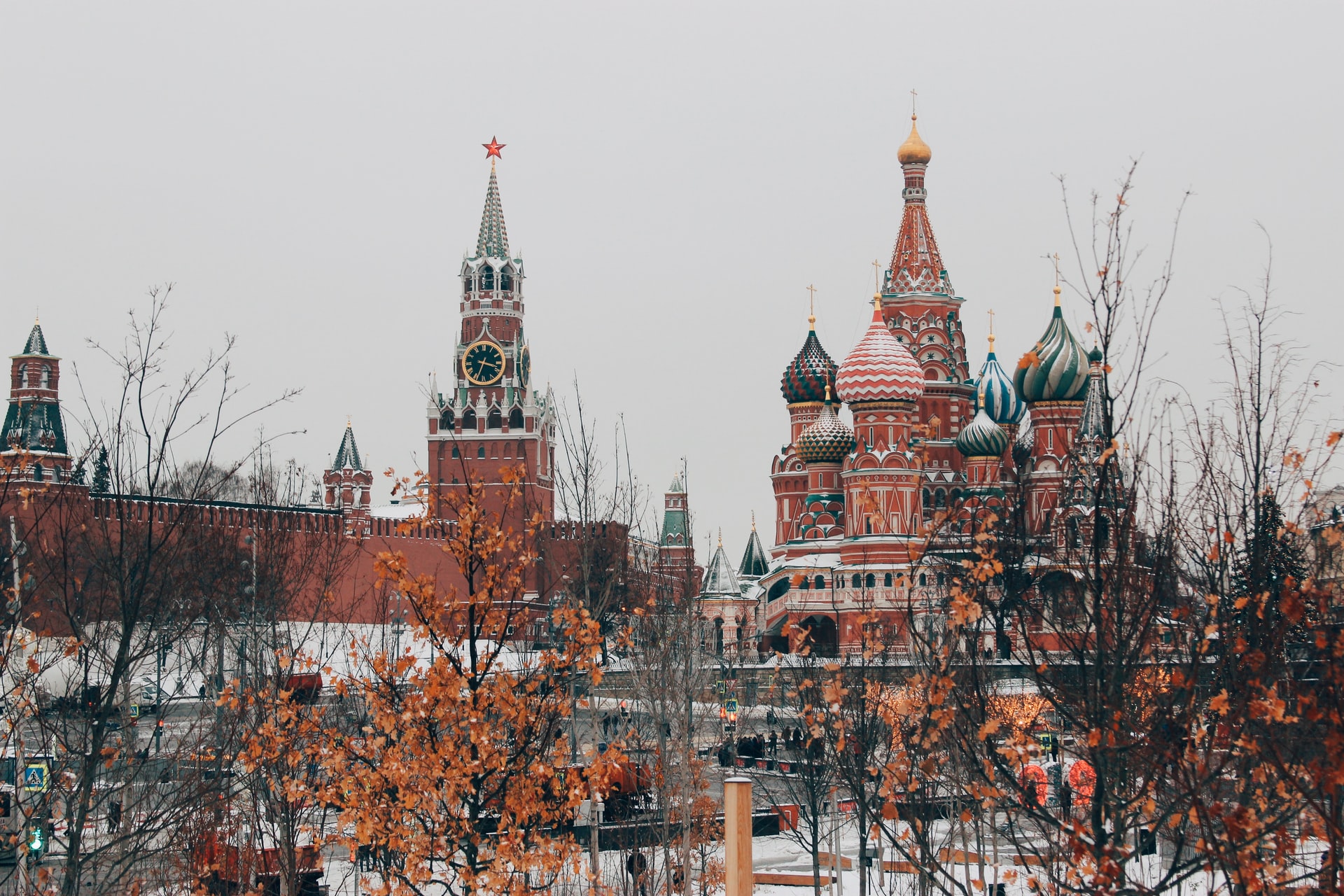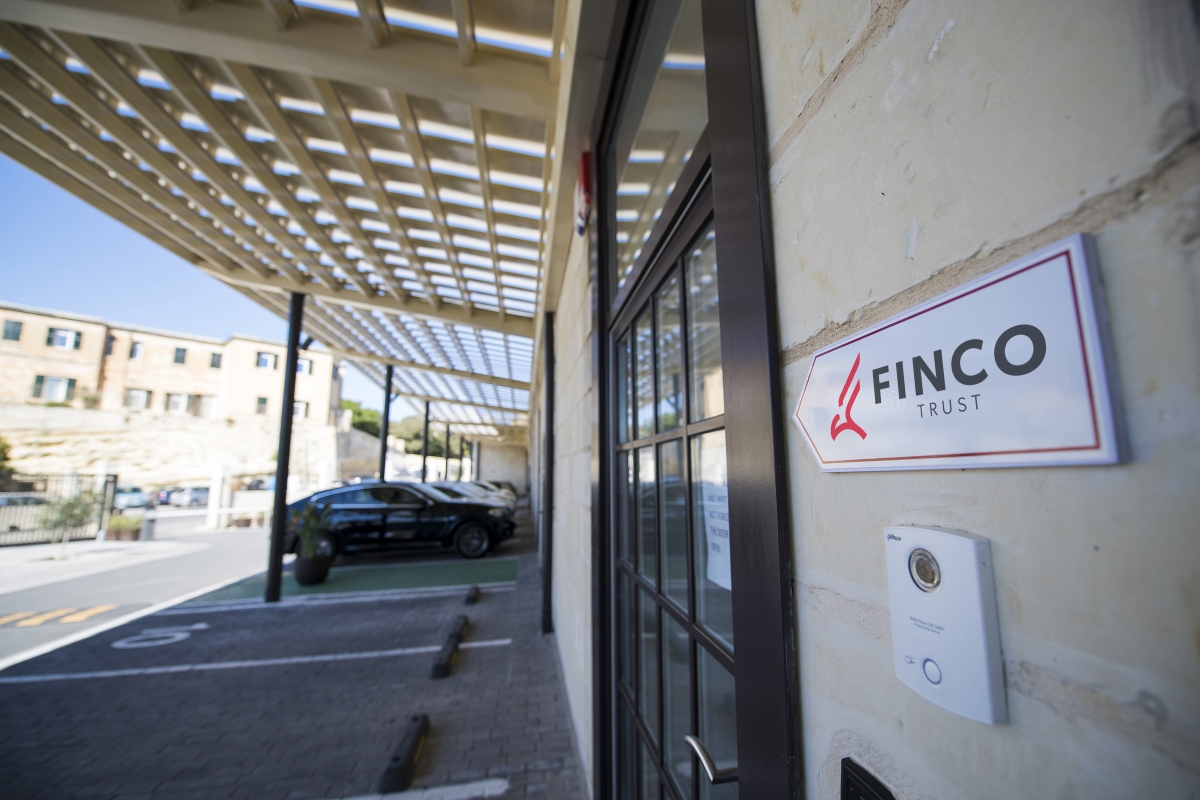Malta and Greece have been singled out for not pulling their weight when it came to freezing Russian assets due to Russia’s invasion of Ukraine, having frozen only €147,000 (Malta) and €212,000 (Greece) so far.
European Union member states have collectively frozen around € 20.3 billion, with Italy, Luxembourg and France among the countries that have sanctioned over a billion each.
Malta and Greece are also the only countries to have sanctioned less than a million euros worth of assets, according to an internal document seen by Reuters which came from the EU Commission and was confirmed by an EU official.
“That is a bit surprising,” the EU official told Reuters, “either they don’t have much, or they are not doing their job. Or they have done something but not communicated to us even though they had chances.”
Malta’s outcome may in part be due to hundreds of Russians having obtained Maltese citizenship through its golden passport scheme in recent years. In addition, the Prime Minister’s law firm has been an agent of the scheme, with Russian clients. Despite having suspended Russians from applying for Maltese citizenship in March 2022, few of them have had them revoked.
The EU currently has roughly 1,300 individuals and 120 entities blacklisted, as well as economic sanctions in place that include trade, transport, energy, banking, media, and defence sectors connected to Russia.
Last year (2022) the Commission proposed to invest frozen Russian assets and hand over the proceeds to Ukraine, to allow for the possibility of the assets being returned to their owners if and when sanctions are lifted. It is also working on making bypassing sanctions a criminal offence across the EU.
The official informed that EU leaders should be able to announce progress on those matters when they travel to Kyiv for an EU-Ukraine summit on 3rd February.
Malta’s inflation edges up to 2.7% in October as food and services lead price pressures
The October RPI reading indicates some re-acceleration in consumer-facing sectors after a period of summer stabilisation
db Group reports turnover of almost €100 million and record profit as it opens bond issue to public investors
This coincides with the launch of a €60 million bond programme to support the Group’s continued expansion
Celebrating success: stories from the team behind Finco Trust
The stories of Lee-Anne Abela, Kris Vella, and Maria Mamo reflect the values that continue to guide the firm forward






